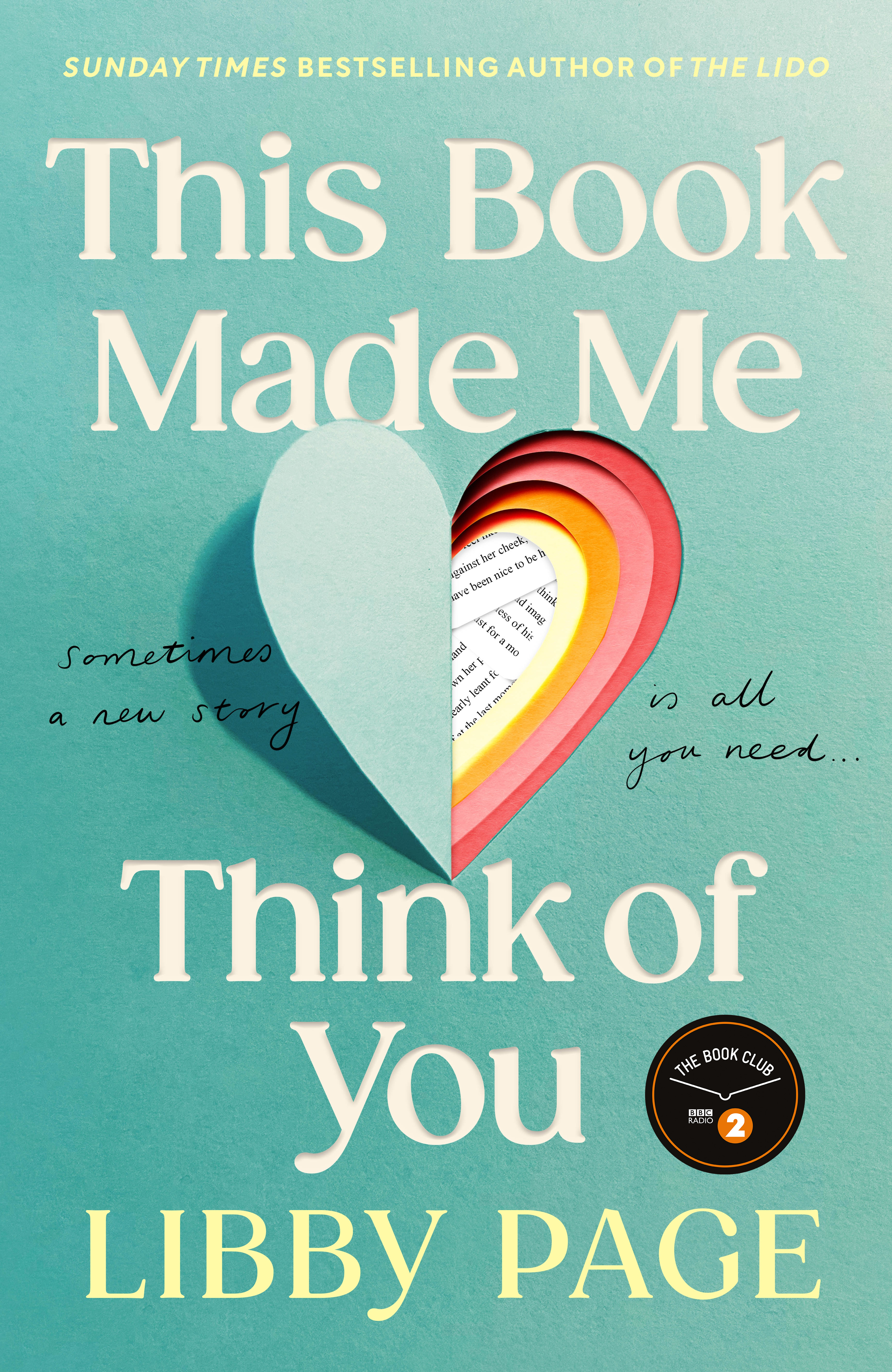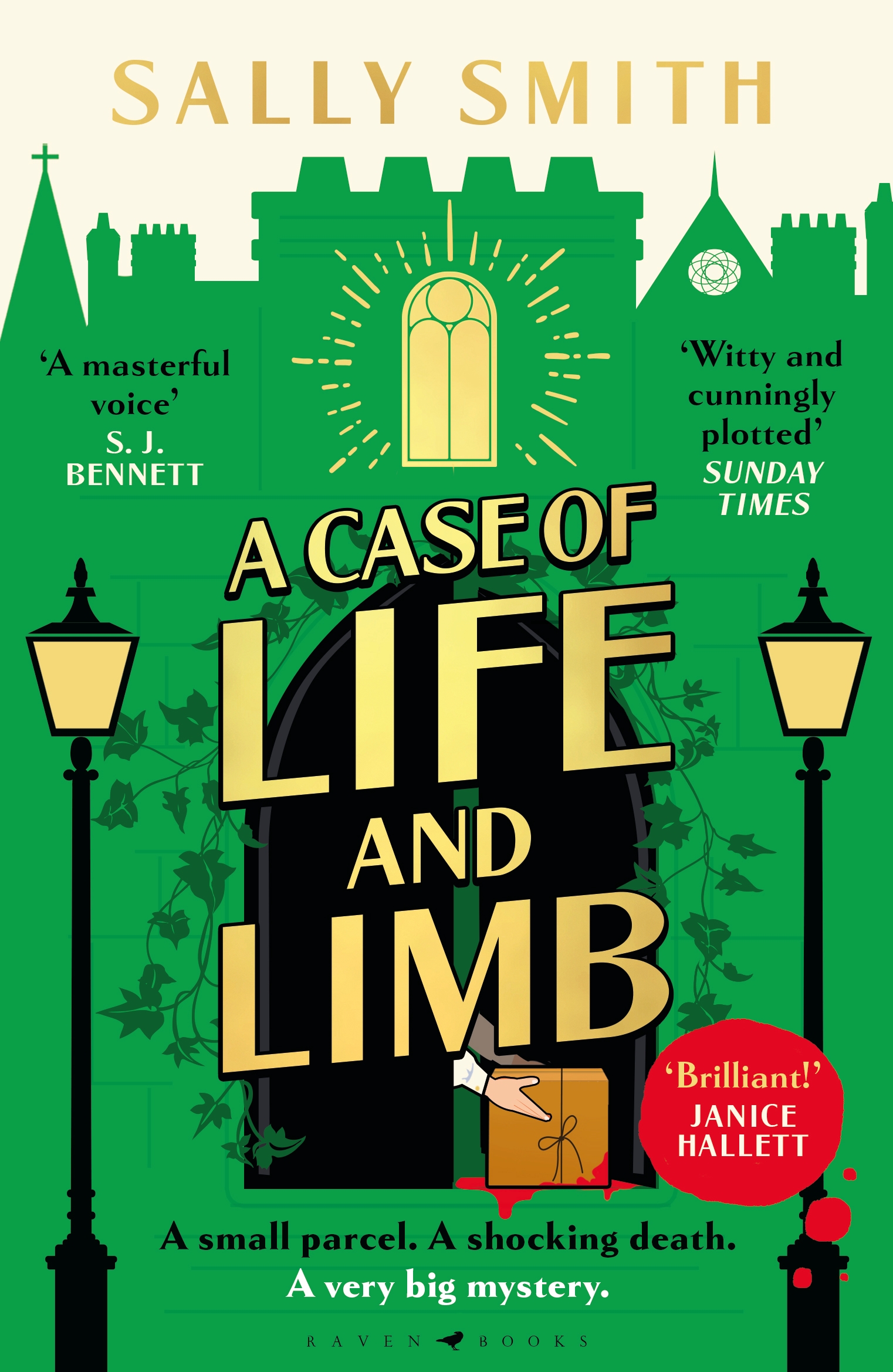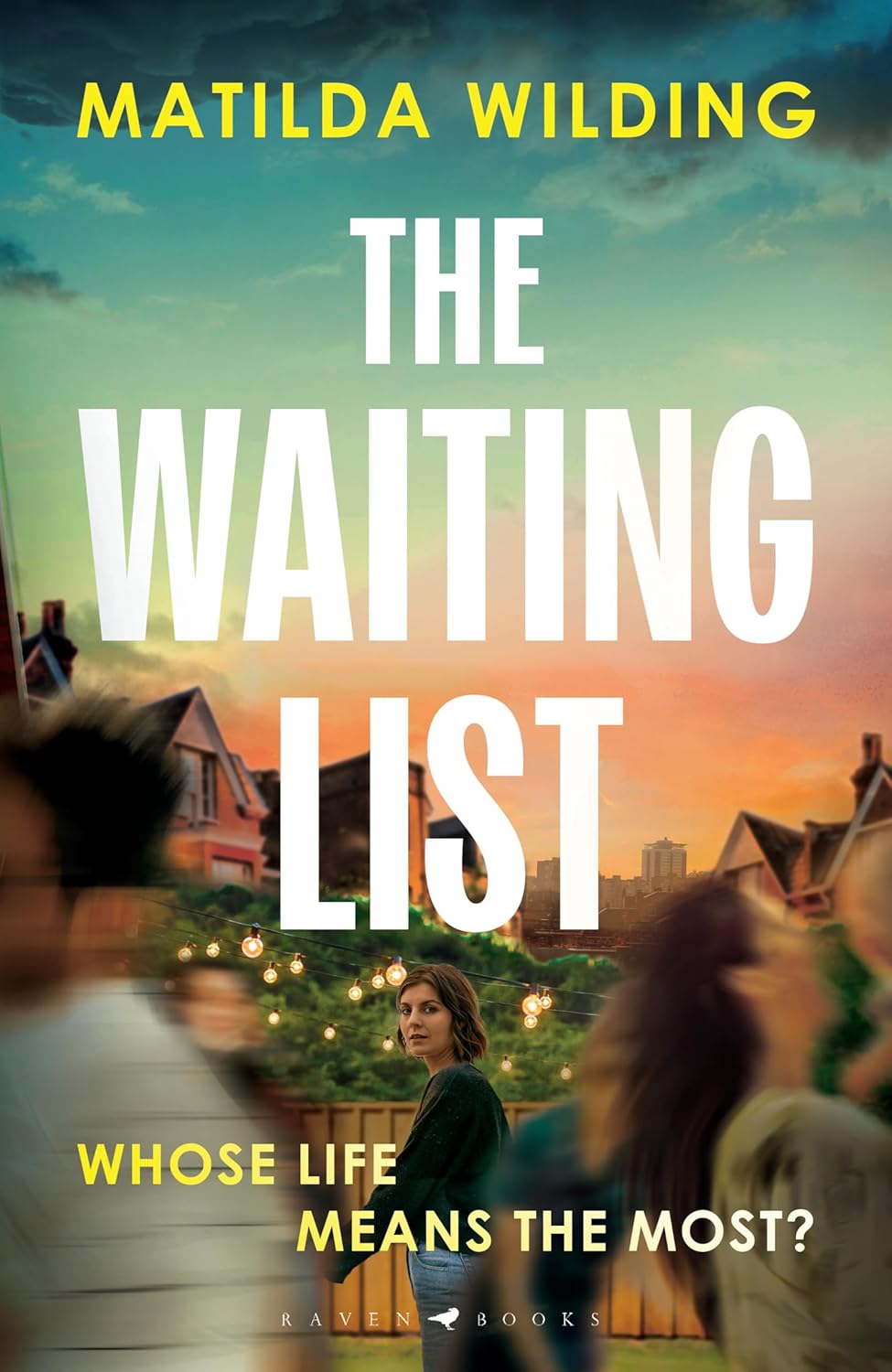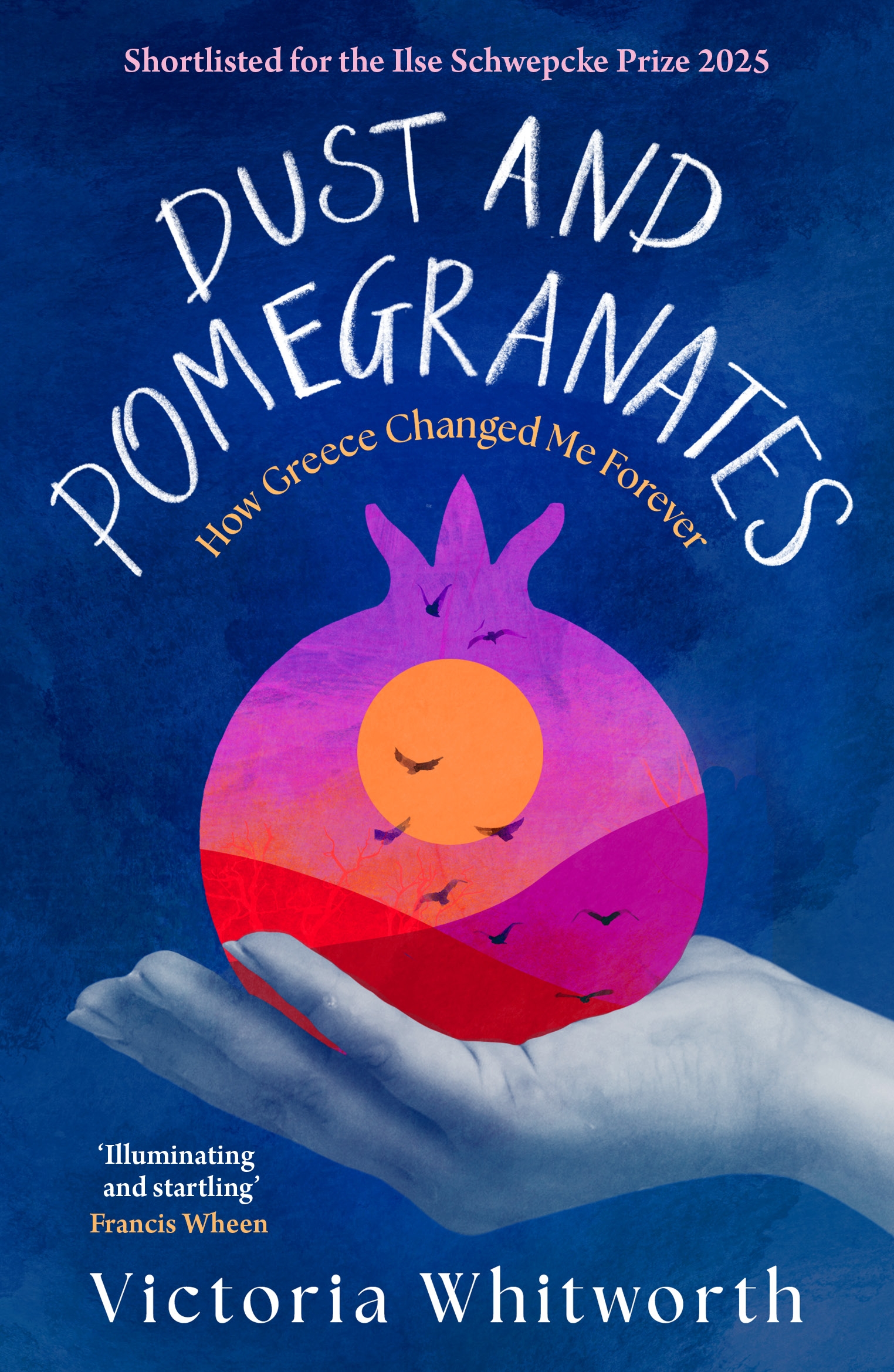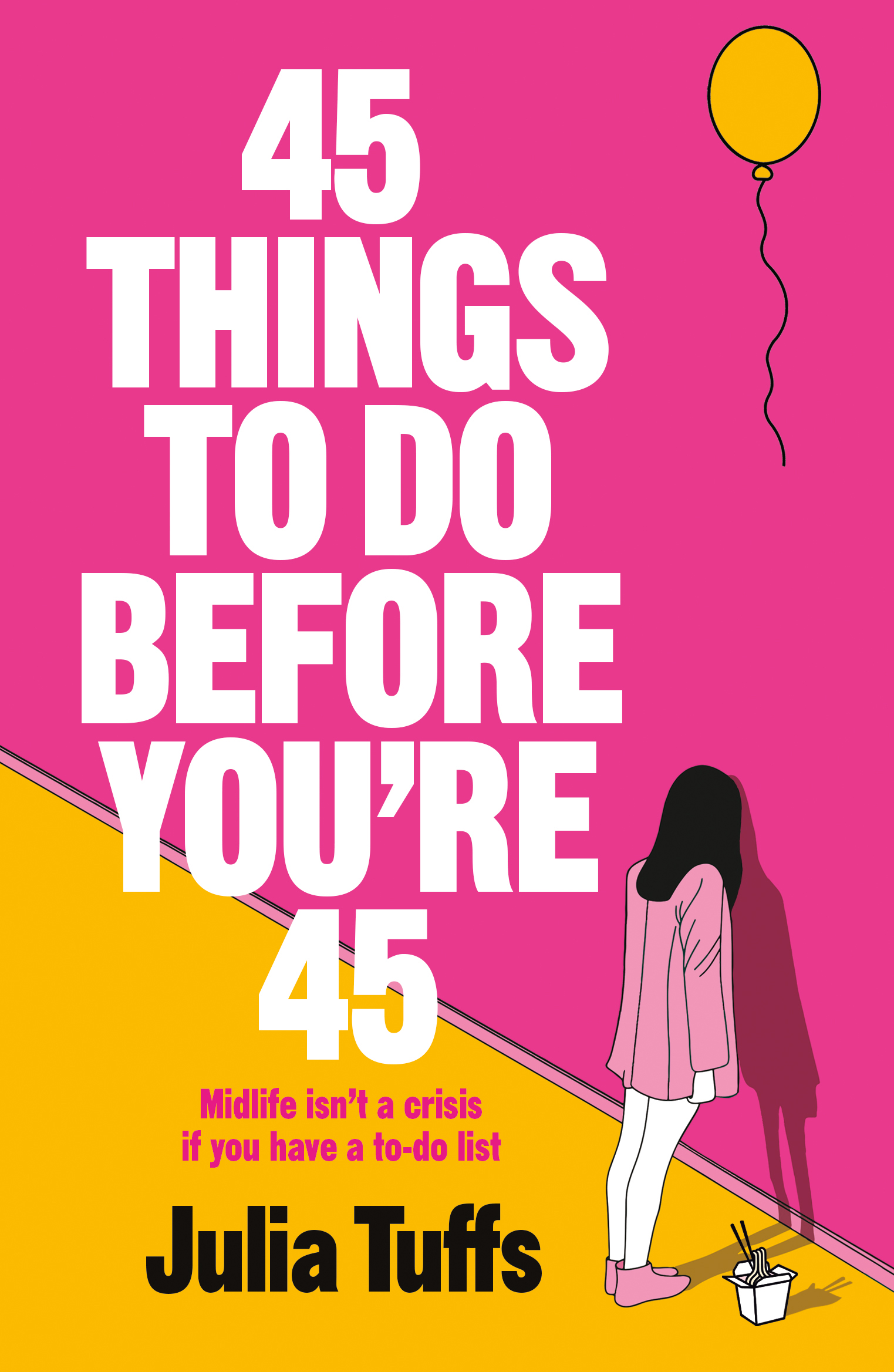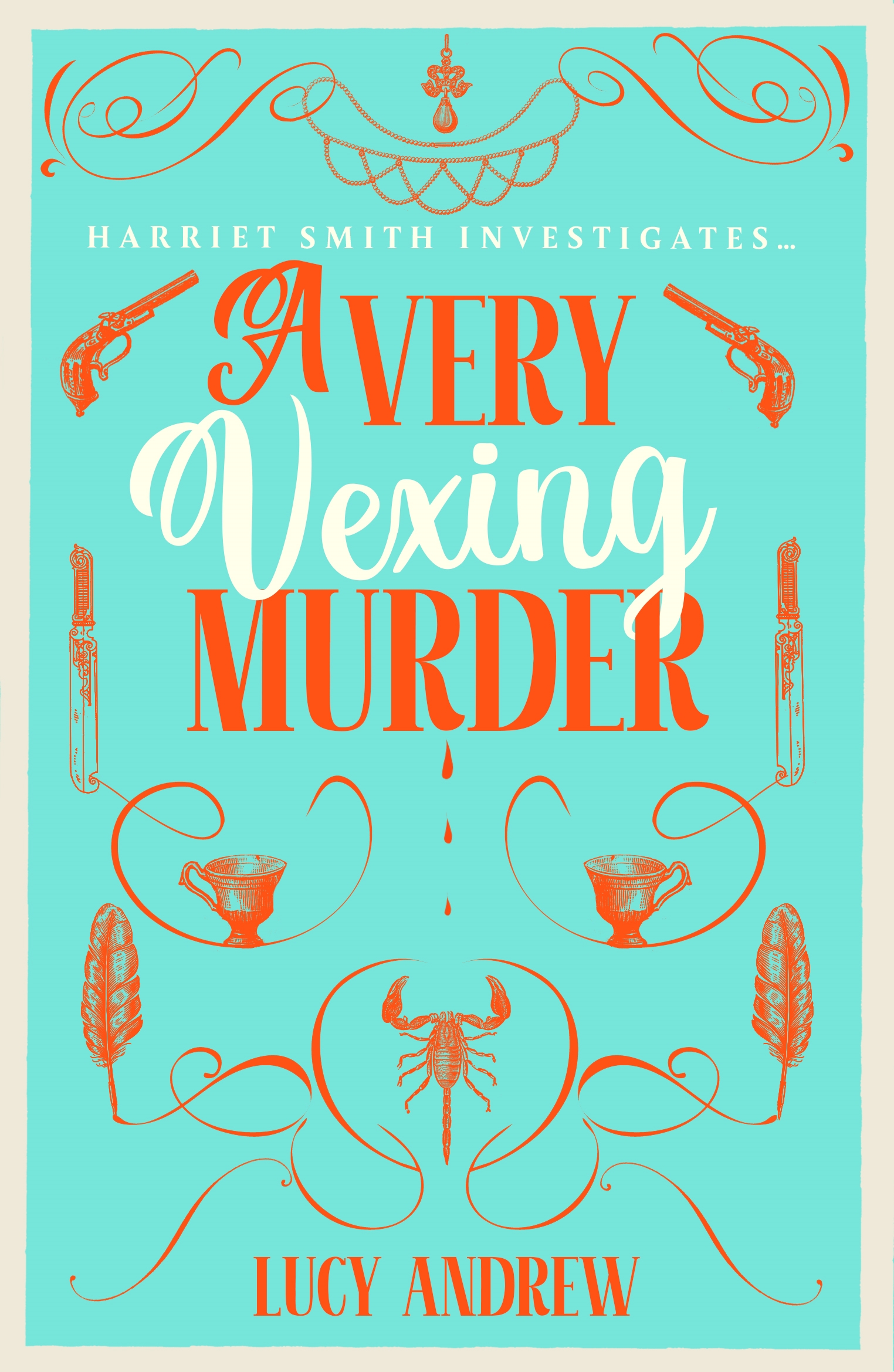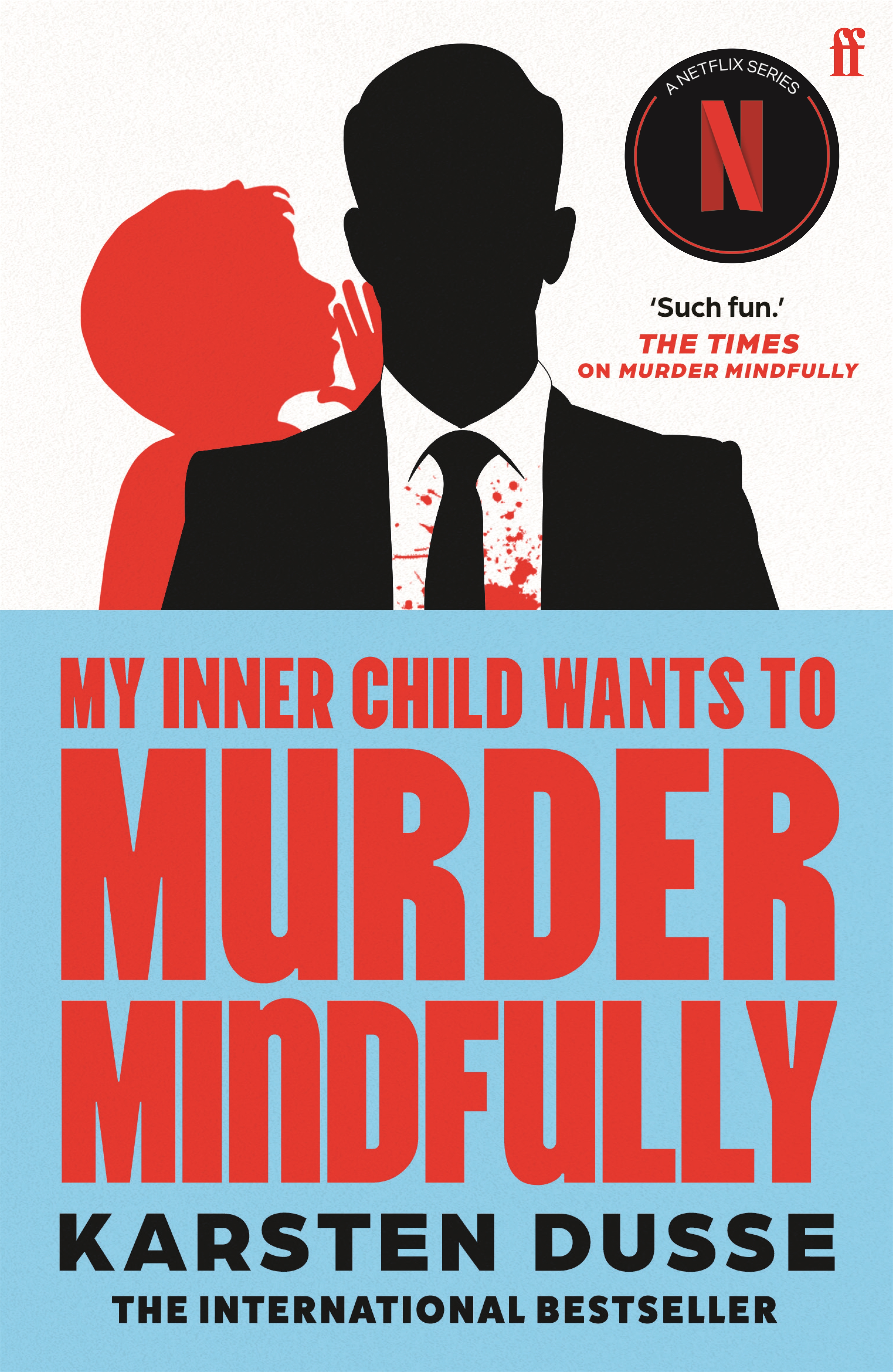If on a Winter's Night a Traveller

As seen:
By Italo Calvino, and and, William Weaver
avg rating
1 review
A masterwork by the incomparable, genre-defying, wondrous Italo Calvino.
You go into a bookshop and buy If on a Winter’s Night a Traveller by Italo Calvino. You like it. But there is a printer’s error in your copy. You take it back to the shop and get a replacement. But the replacement seems to be a totally different story. You try to track down the original book you were reading but end up with a different narrative again. This remarkable novel leads you through many different books including a detective adventure, a romance, a satire, an erotic story, a diary and a quest. But the real hero of them all is you, the reader.
‘Breathtakingly inventive’ David Mitchell
‘A writer of dizzying ambition and variety, each of his stories is a fresh adventure into the possibilities of fiction’ Guardian
TweetReviews
Whitley Bay Book Group discussed If on a Winter’s Night a Traveller in September 2024
The protagonist of this book is trying to read the novel in the title, and alternates accounts of his search with the first chapters of books he meets along the way, including a detective adventure, a romance, a satire, an erotic story, a diary and a quest, none of which he ever gets to finish. It was first published in an English translation in 1981, and at the time was the first time many readers had come across a postmodern novel, as it plays with language, twists the plot, has multiple narrators, and unresolved endings, and unsettles the conventional idea of the novel as faithfully describing the world. Things have moved on, however, and readers of today are used to the idea that there is no longer only one way to understand a narrative, and that a book isn’t just about what happens in the plot.
This was another interesting or possibly terrible choice for the Whitley Bay Book Group. The two of us who had read it in the 1980s remembered our reactions of the time, when we found it funny and stimulating and full of new ideas, although we’re now aware that we as readers have changed in the last forty years. Those who came across it for the first time mostly didn’t see the point of it, found it pretentious and annoying, and several didn’t manage to finish it.
Our wider discussion included what’s the purpose of a novel and the relationship between the reader and the text.
We gave the book between 1 and 3.5 stars with an average of 1.5.
